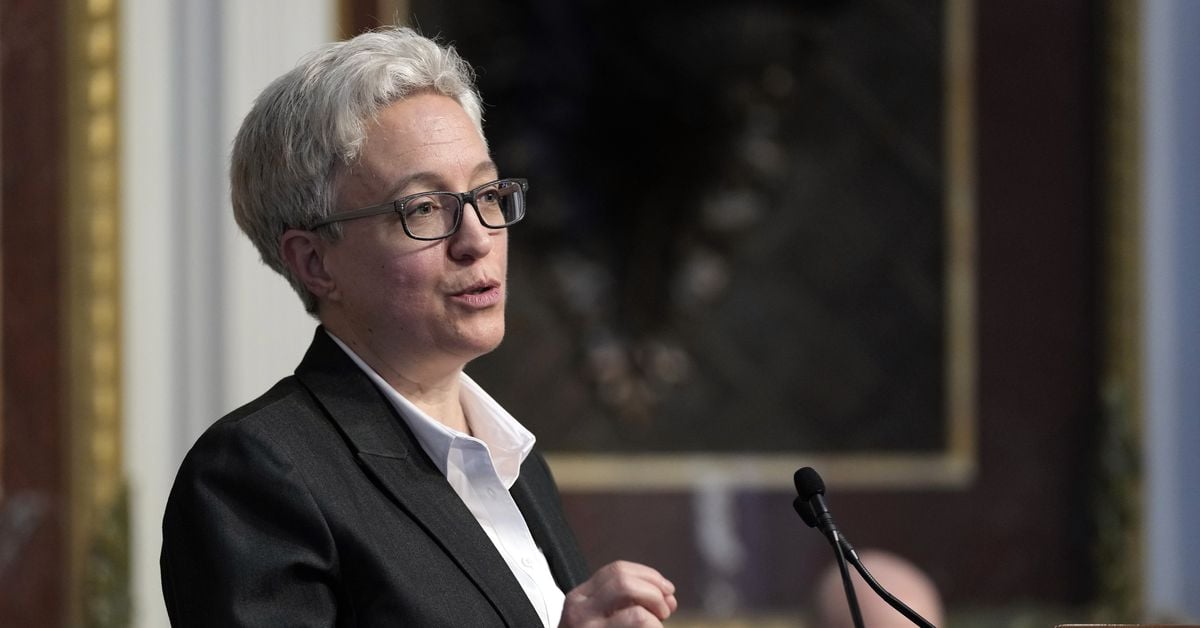Four years ago, the state decriminalized all drugs. Now it’s trying to course-correct — and might make a mistake in the process.
In 2020, it looked as though the war on drugs would begin to end in Oregon.
After Measure 110 was passed that year, Oregon became the first state in the US to decriminalize personal possession of all drugs that had been outlawed by the Controlled Substances Act in 1970, ranging from heroin and cocaine to LSD and psychedelic mushrooms. When it went into effect in early 2021, the move was celebrated by drug reform advocates who had long been calling for decriminalization in the wake of President Nixon’s failed war on drugs.
Now, amid a spike in public drug use and overdoses, Oregon is in the process of reeling back its progressive drug laws, with a new billthat aims to reinstate lighter criminal penalties for personal drug possession. And while the target is deadly drugs like fentanyl, the law would also result in banning non-clinical use of psychedelics like MDMA, DMT, or psilocybin — drugs that are unconnected to the current overdose epidemic and the public displays of drug use.



Portugal never mandated treatment. It require a hearing by a local board made of experts including medical personelle. The quote you cited is clear about this, but you state otherwise. And the quote correctly notes that Oregon does have this or some of the other additional measure.
More importantly, what is missing from the quote, is the boards rarely ever forced people into treatment. The article you quote goes on to state the following:
If that quote didn’t drive home the central principles, this one should:
We didn’t do that. Forcing people into treatment was never the solution.